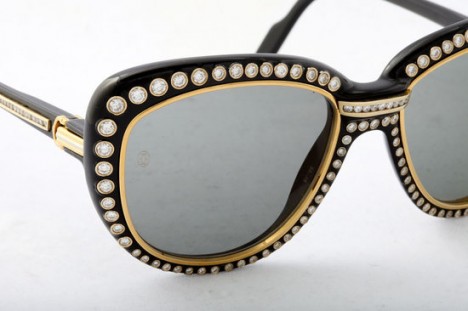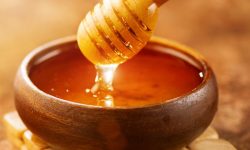Exploring the Impact and Perception of physical beauty/The Allure of Physical Beauty
Introduction :
Physical beauty, with its undeniable allure, has fascinated humanity throughout history. From the sculpted forms of ancient statues to the captivating faces gracing billboards and screens today, physical beauty holds a significant place in our society. In this article, we delve into the multifaceted nature of physical beauty, examining its impact, the perception of beauty ideals, and its role in shaping our lives and culture.
The Power of Attraction:
Physical beauty possesses an innate power of attraction. It captivates our attention, stirs emotions, and influences our perceptions. When we encounter someone we find physically attractive, it can evoke feelings of admiration, desire, and even a sense of connection. The allure of physical beauty extends beyond romantic relationships, impacting social interactions, career opportunities, and even our self-perception.
The Influence of Beauty Ideals:
Beauty ideals, shaped by cultural influences, media portrayals, and societal norms, play a significant role in defining and perpetuating our perception of physical beauty. These ideals often prioritize certain features, body types, and facial symmetry, creating a standard against which individuals may measure themselves. The pressure to conform to these ideals can lead to feelings of inadequacy, low self-esteem, and even mental health issues.
The Role of Media and Advertising :
The media, through its various platforms, heavily influences our perception of physical beauty. Advertising campaigns, fashion magazines, and social media platforms inundate us with images of airbrushed models and carefully curated portrayals of physical perfection. This constant exposure to an idealized version of beauty can distort our self-image and create unrealistic expectations. However, there is a growing movement advocating for more diverse representation, body positivity, and the celebration of natural beauty, challenging the narrow beauty standards perpetuated by the media.
The Psychological Impact:
Physical beauty has a profound psychological impact on individuals. Research has shown that physical attractiveness can influence our self-esteem, confidence, and social interactions. Individuals who are perceived as physically attractive often enjoy certain privileges, such as receiving preferential treatment, higher job opportunities, and increased social acceptance. However, it is important to recognize that beauty is not a measure of an individual’s worth or character. True beauty encompasses inner qualities, such as kindness, intelligence, and compassion, which are often more enduring and meaningful than physical appearance alone.
Embracing a Holistic Perspective:
While physical beauty undeniably holds sway in our society, it is crucial to adopt a more holistic perspective. Physical appearance should not be the sole determinant of an individual’s value or self-worth. Embracing a broader understanding of beauty involves recognizing and celebrating the diverse forms of attractiveness that exist, including different body shapes, sizes, ethnicities, and features. It requires appreciating the unique qualities and inner beauty that individuals possess, valuing kindness, empathy, and authenticity alongside physical attributes.
Conclusion:
Physical beauty, with its captivating allure, shapes our perceptions, influences our interactions, and plays a prominent role in our culture. However, it is essential to recognize that physical beauty is only one aspect of a person’s worth. Embracing a holistic perspective allows us to celebrate diversity, appreciate inner qualities, and foster a society that values beauty in all its multifaceted forms. Let us strive for a balanced and inclusive understanding of beauty that uplifts and empowers all individuals.







